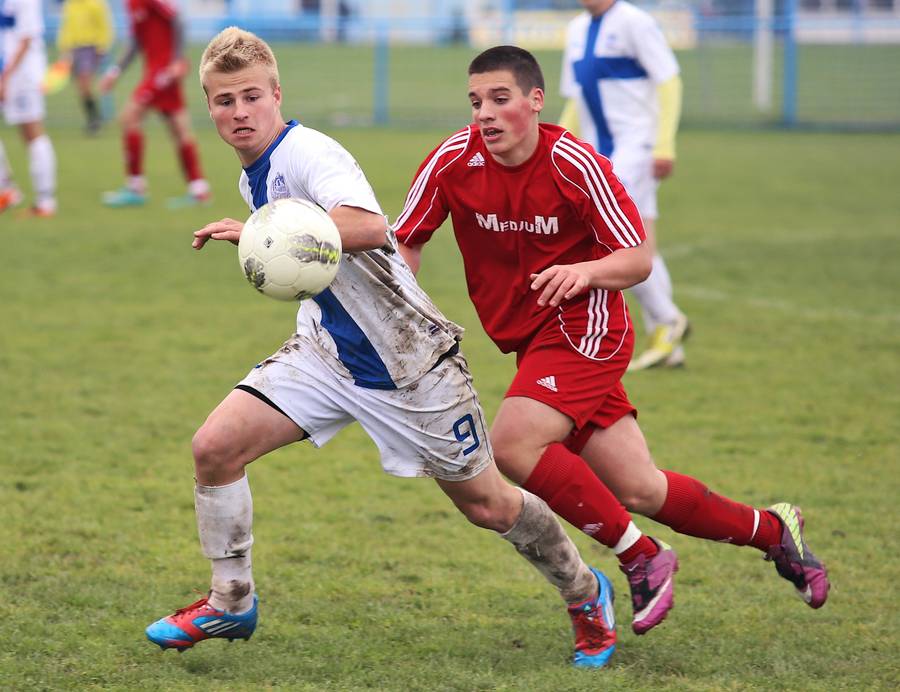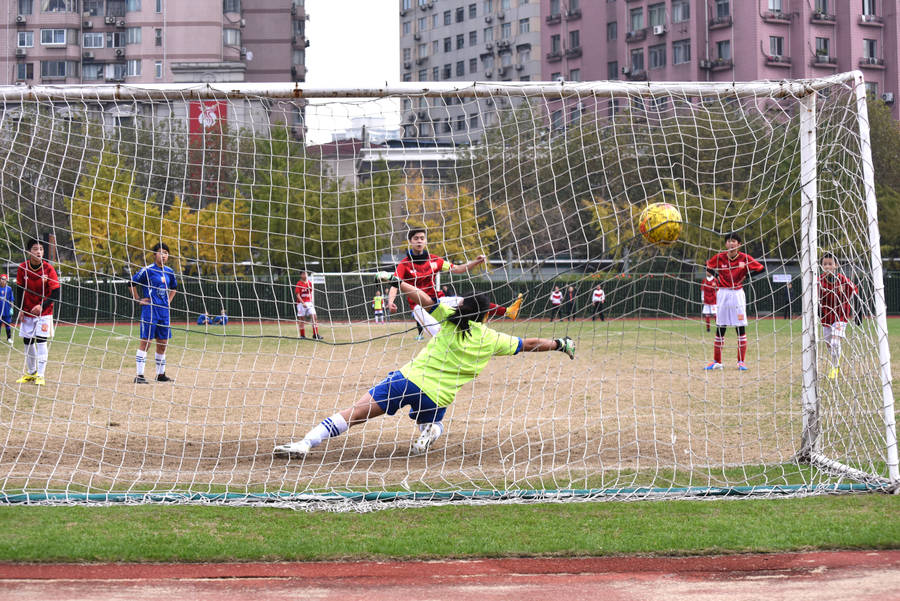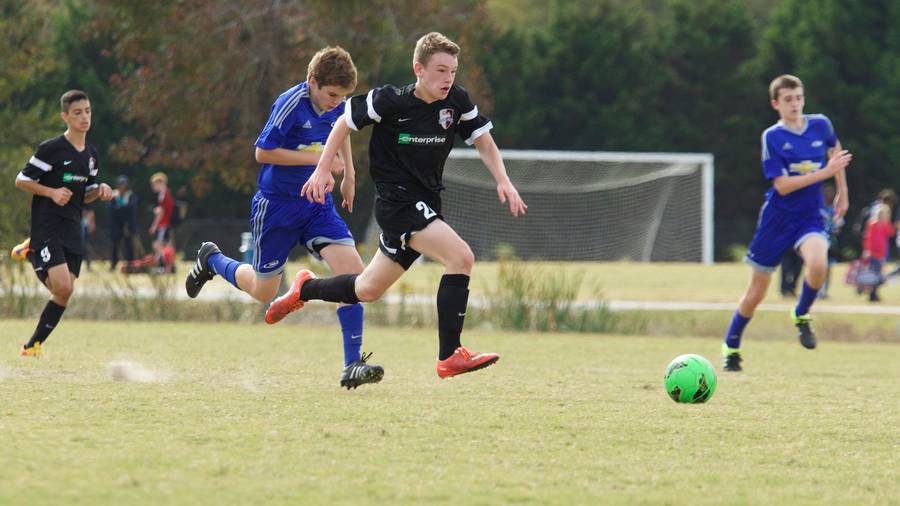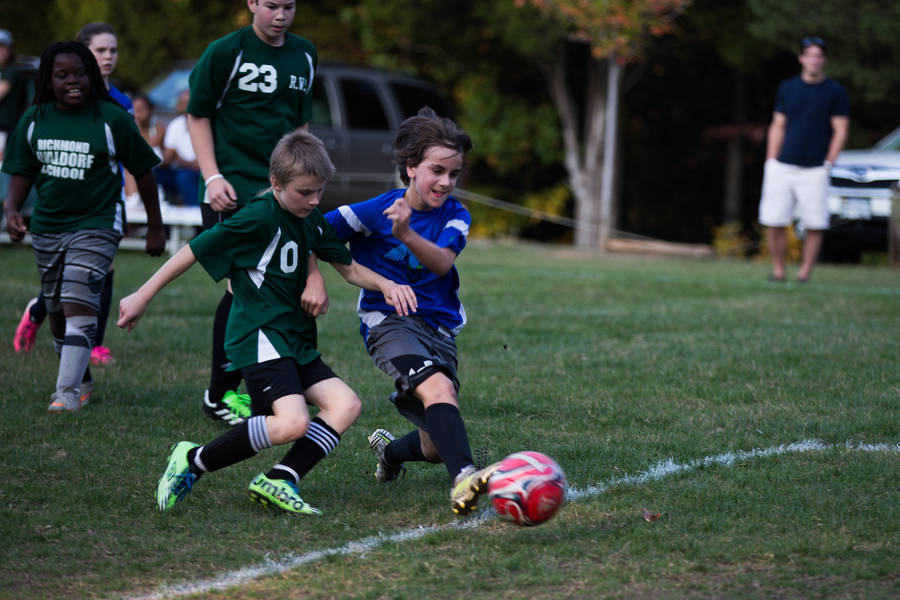
Young people often get a bad press in today’s world not helped by the increasing rates of youth crime, so I was interested to read about a grassroots football initiative in Hackney, East London designed to involve those at risk of offending.
Six months ago, several of the young players were known to local police for anti-social behaviour but as part of the local football outreach programme their focus has now turned to perfecting their passing combinations and shooting drills. This initiative, replicated across hundreds of similar projects throughout the country, represents one of our most powerful yet underutilised tools in the fight against youth crime, grassroots football.
Recent Home Office statistics paint a troubling picture, with knife crimes involving under 18’s rising by 22% in the past three years. Beneath these headlines however, lies an interesting counter narrative. In areas where structured football programmes operate consistently, youth crime rates show a marked decrease. The Metropolitan Police's own data reveals that neighbourhoods with active football based intervention programmes experience, on average, a 27% reduction in youth related incidents during the programme’s hours of operation.

The St Matthew's Project in Brixton, South London, operates in an area where youth crime rates traditionally spike during school holidays, yet this grassroots initiative has achieved remarkable success. By combining regular football sessions with mentoring and education programmes, they've seen participation grow from 20 young people in 2004 to over 400 today. More significantly, 87% of their regular participants report no involvement with the criminal justice system, in an area where youth offending rates typically reach 28% of the teenage population.
Let's be honest, youth crime is becoming a massive challenge in many of our communities. The latest police figures show that knife crime involving under 18’s has risen by over 20% in the last three years. That's a scary statistic, but it's one that grassroots football is actively helping to tackle.
So why does football often work where other interventions fail? First off, it's accessible. You don't need amazing facilities or expensive equipment to get started, just a ball and some space. More importantly, football speaks a language that young people understand. It offers excitement, challenge and instant gratification in a way that many other activities can't match. There are role models that young people can identify with. Some even share similar stories and backgrounds to them and it provides hope of an alternative future.
But the real value happens beyond the pitch. Football also teaches life skills that many at risk young people desperately need. Teamwork isn't just about passing the ball to a teammate, it's about learning to trust others and be trustworthy yourself. Discipline isn't just about showing up to training, it's about making better choices in life. Leadership isn't just about wearing the captain's armband, it's about taking responsibility for your actions.
Many of the most successful programmes don't just offer football sessions, they combine playing with workshops on knife crime, gang resistance and conflict resolution. The results are often impressive, at some schemes seven out of ten young people who regularly attend show improved engagement and behaviour at school.
The cost effectiveness of football as a crime prevention tool is also striking. Apparently it costs a staggering £76,000 per year to keep a young person in a young offender institution. In comparison, running a comprehensive football programme costs around £450 per participant annually. When you consider that good programmes have a track record of preventing over 70% of participants from offending, the numbers makes sense.
But it's not just about value for money. Football creates something that many young people desperately need, a sense of belonging. Kids who might be tempted to join gangs for acceptance instead find their identity in a team. The pride of wearing your club's colours, the joy of scoring a goal, the support of teammates, these experiences create positive connections that can last a lifetime.
Grassroots football initiatives often involve partnerships between local football clubs, schools, community organisations and youth offending services. This collaborative approach ensures that the programmes are not just about football but also about providing holistic support for young people.
Many initiatives include mentoring schemes where young players are paired with older, more experienced individuals who can provide guidance and support both on and off the pitch. This mentoring relationship can be crucial in helping young people to develop the resilience and confidence they need to resist the pressures of crime and antisocial behaviour. The presence of positive role models, whether they are coaches, older players or community leaders, can have a profound impact on a young person's outlook and behaviour.
It is also important to recognise that the benefits of grassroots football extend beyond the prevention of crime and antisocial behaviour. Many young people who participate in these initiatives go on to achieve success in other areas of their lives. For some, football provides a pathway to further education or employment, with many initiatives offering qualifications and training in coaching or sports management. These opportunities can be life changing, opening doors that may otherwise have remained closed. For others, the skills and confidence gained through football translate into success in other areas, whether it be in education, employment or personal relationships. Football, in this sense, becomes a vehicle for social mobility, helping young people to build better futures for themselves and their families.
The evidence couldn’t be more striking, when young people are actively involved in grassroots football in some capacity, they're less likely to get involved in crime. Whilst it isn’t a magic wand to wave to solve all youth crime, it can definitely support and help young people at risk of offending. But this isn't just about crime prevention, it's about giving young people hope, purpose and opportunity. Every time a kid chooses football training over hanging around on street corners, every time a young person finds confidence through scoring a goal, every time a teenager learns to channel their anger into something positive on the pitch, they’re making progress and so is society.

















